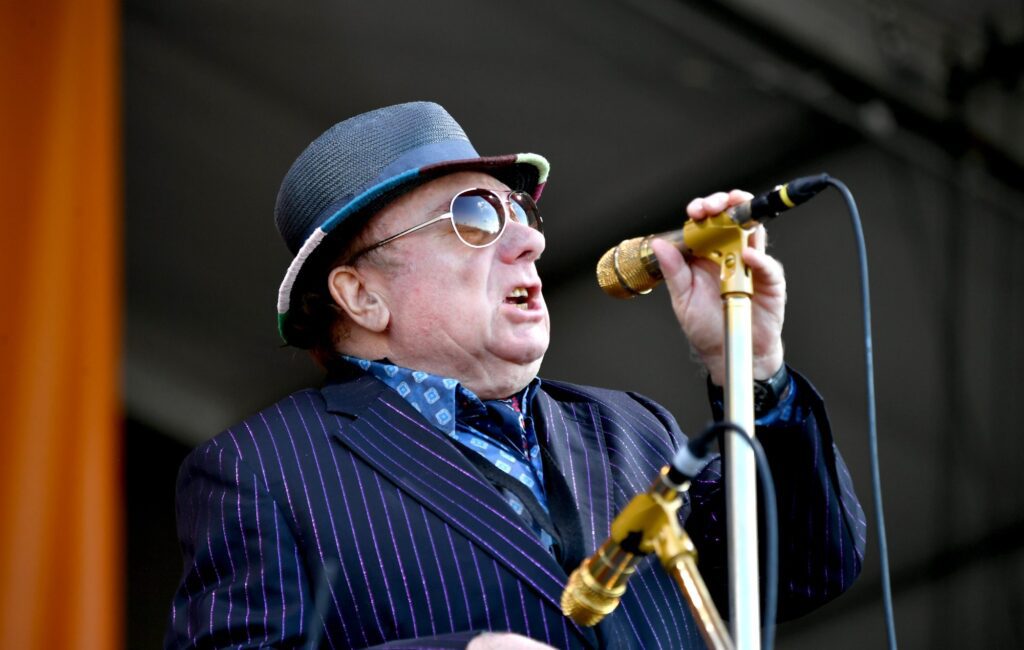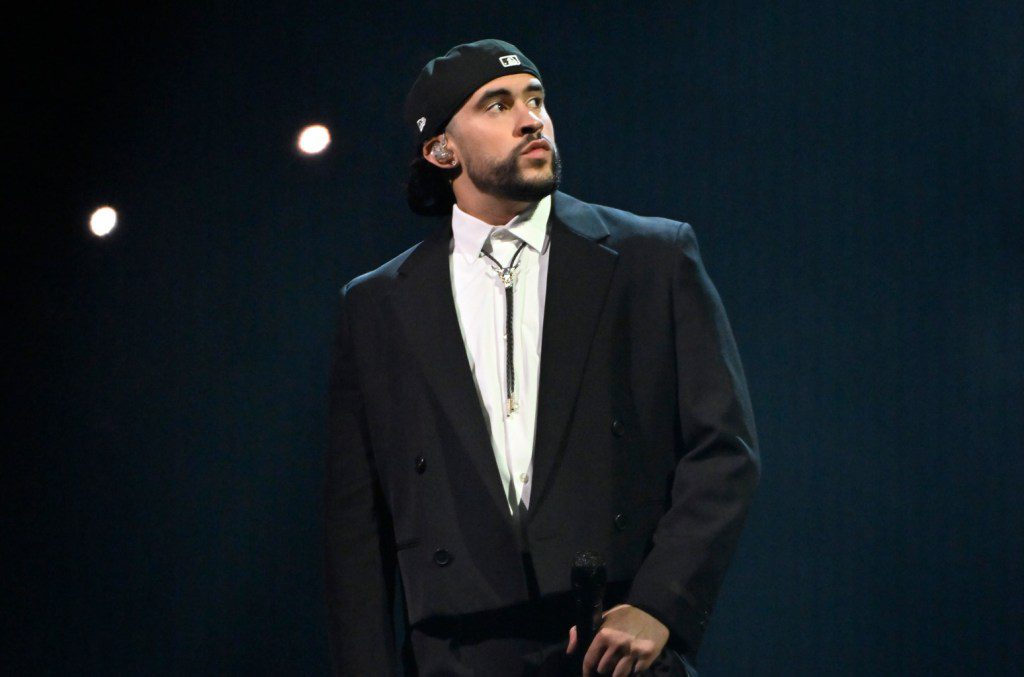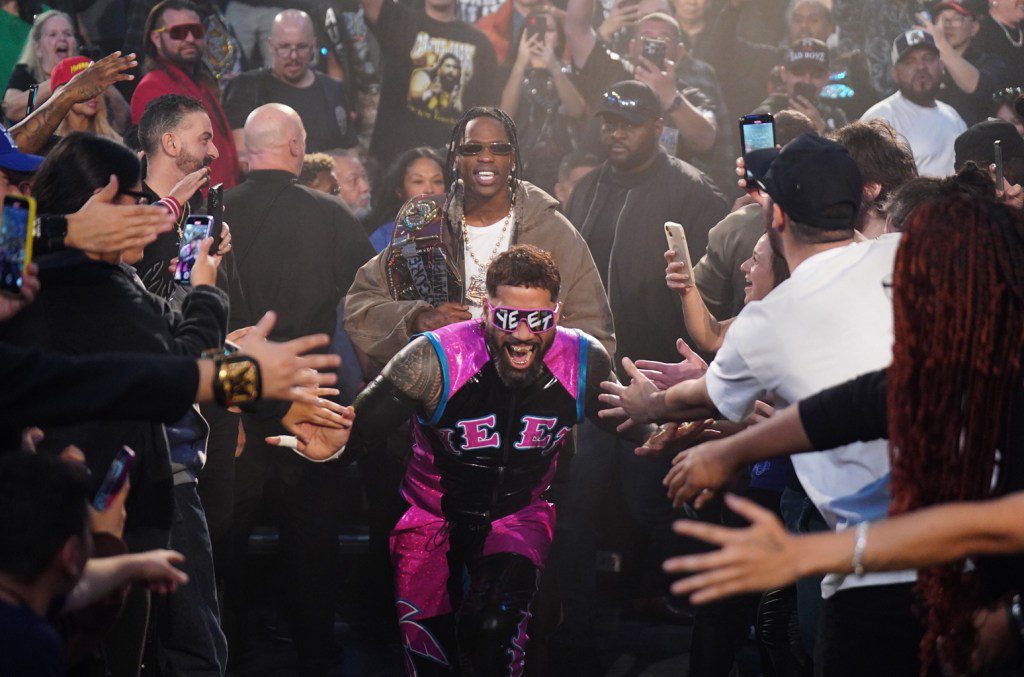Van Morrison blames lack of free speech for backlash against anti-lockdown songs
Van Morrison has opened up on the backlash he received for his series of anti-lockdown songs released last year, blaming it on a lack of freedom of speech.
In an interview with The Sunday Times, Morrison wondered why, in his view, “poetic licence” and “freedom of speech” are no longer “OK”.
“I don’t understand it,” he said. “Some people call it a cult. It is like a religion. Whether anyone agrees with me or not is irrelevant.
“Just as there should be freedom of the press, there should be freedom of speech, and at the minute it feels like that is not in the framework. If you do songs that are an expression of freedom of speech you get a very negative reaction.”
Morrison also praised Eric Clapton, who he said is the “only other person who has any traction or motivation to speak out about what’s going on, to get out there and question things”.
Clapton joined forces with Morrison on the latter’s fourth anti-lockdown protest song ‘Stand and Deliver’, the proceeds of which went to Morrison’s Lockdown Financial Hardship Fund, aiming to help musicians facing financial insecurity due to the pandemic.
‘Stand and Deliver’ was preceded by three separate anti-lockdown protest songs, including ‘No More Lockdown’. In the song, he said that the lockdown measures were put in place to “enslave” the British public, condemning what he considered to be “crooked facts”.
In response, the Northern Ireland Health Minister Robin Swann condemned Morrison’s message, saying he felt disappointed and “expected better from him”.
“Van Morrison is going way beyond raising questions,” Swann wrote in a Rolling Stone op-ed. “He is singing about ‘fascist bullies’ and claiming governments are deceiving people and wanting to ‘enslave’.
“It’s actually a smear on all those involved in the public health response to a virus that has taken lives on a massive scale.”
After calling socially distanced gigs “pseudo-science”, Morrison revealed plans to legally challenge the ban Northern Ireland placed on live music in January.
However, in early February, it was confirmed during legal proceedings that restrictions preventing performances in indoor venues hadn’t been in place since late December.





